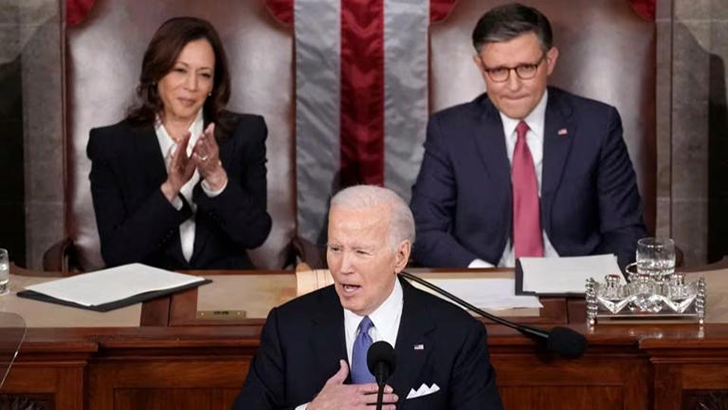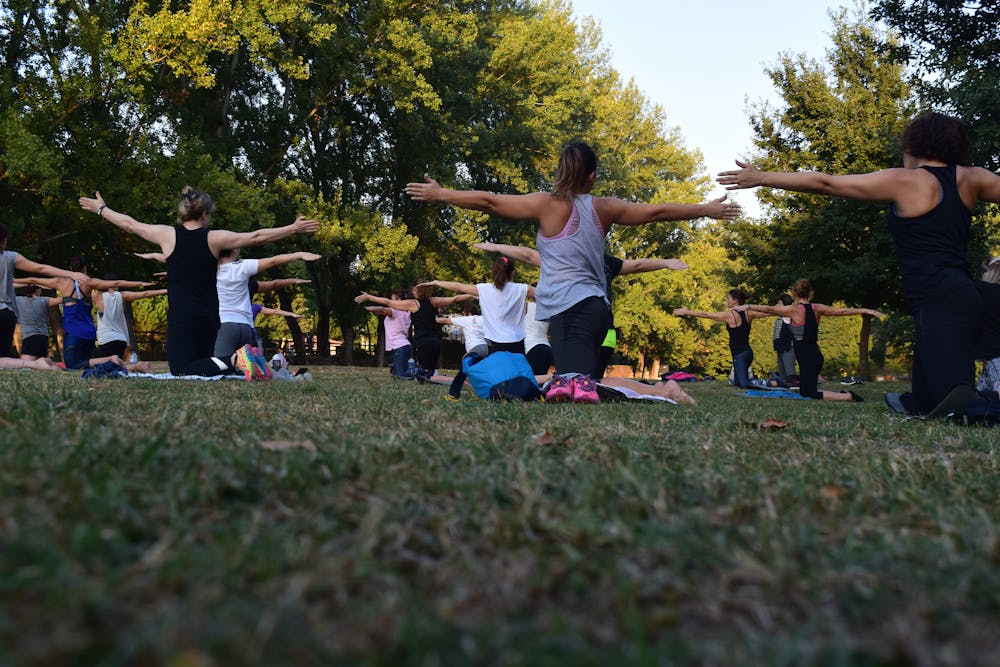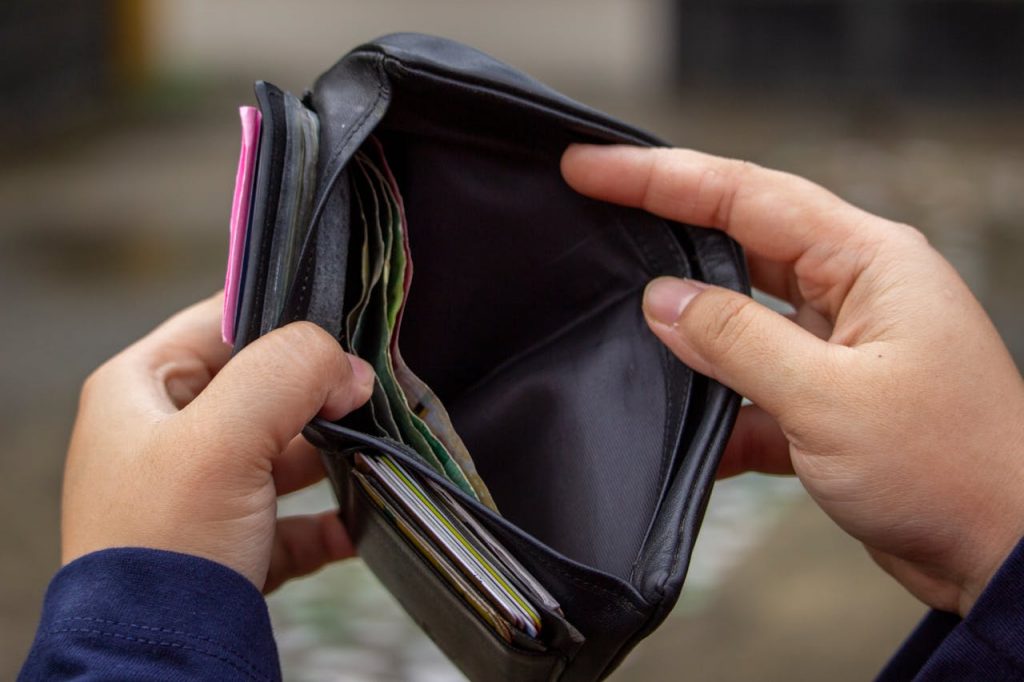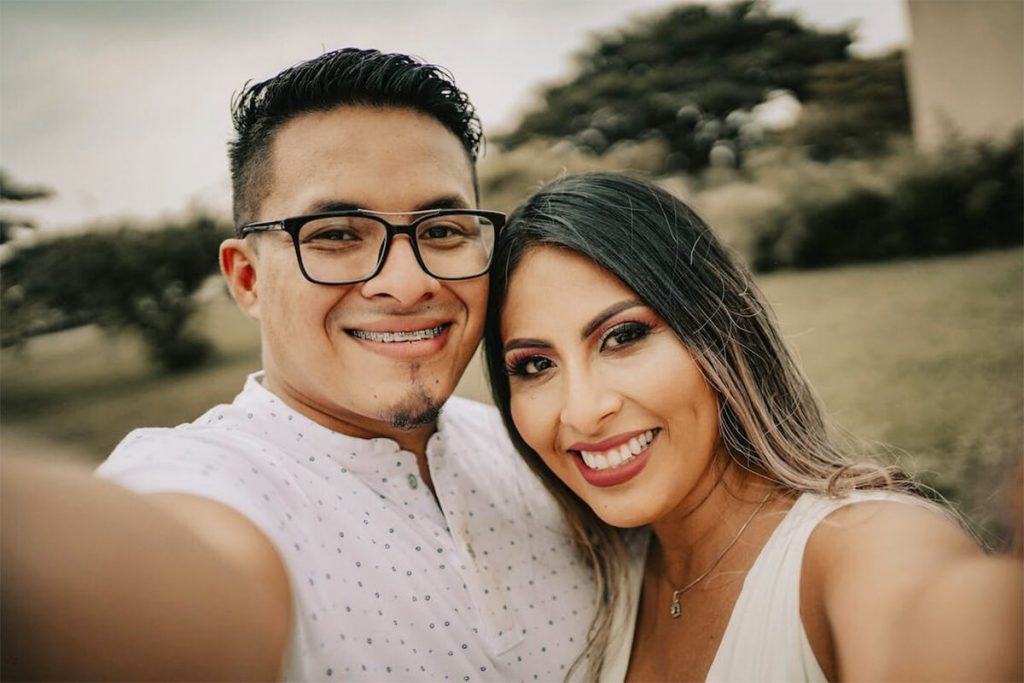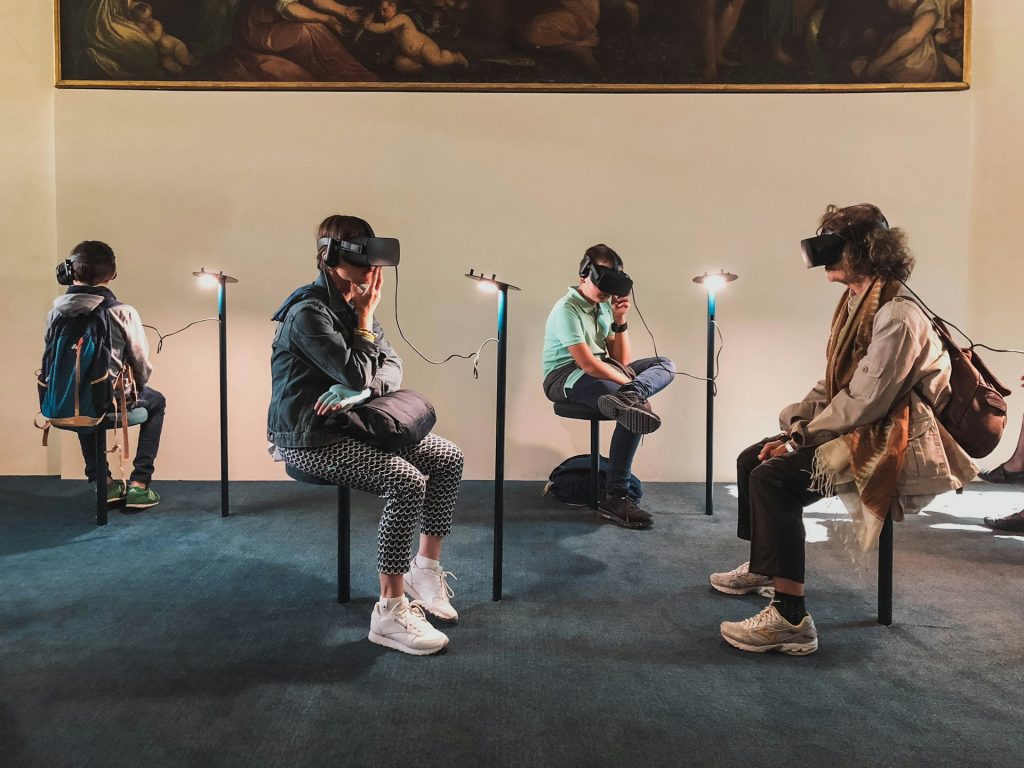Islam, one of the world's major monotheistic religions, is not just a faith but a comprehensive way of life. This life is governed by a series of moral and practical rules known as Sharia. Within the intricate web of Islamic practices lies the concept of dating. Traditional Western-style dating is not universally accepted across the Muslim world, but that doesn’t mean young Muslims aren’t finding their own ways to engage in romantic relationships. The concept of "Halal dating" emerges as a response to this challenge.
What is Halal Dating?
In Arabic, the word "Halal" translates to "permissible" or "lawful." Halal dating, thus, refers to a way for Muslims to learn about potential spouses in a manner that adheres to Islamic principles. Traditional dating might be viewed with skepticism within more conservative Muslim communities, but halal dating avoids the pitfalls of casual relationships and focuses on the intention of marriage. This ensures that the relationship remains chaste and conducted with the proper intentions.
The ultimate goal of halal dating is to seek a partner with whom one can build a loving, God-centered relationship. Islam encourages its followers to choose partners who are compatible in terms of faith, values, and life goals. While Muslims are encouraged to marry early, it is also crucial that they find the right person. Halal dating becomes a tool to understand one another while staying within the bounds of the religion.
Rules of Halal Dating
Intention of Nikah (Marriage)
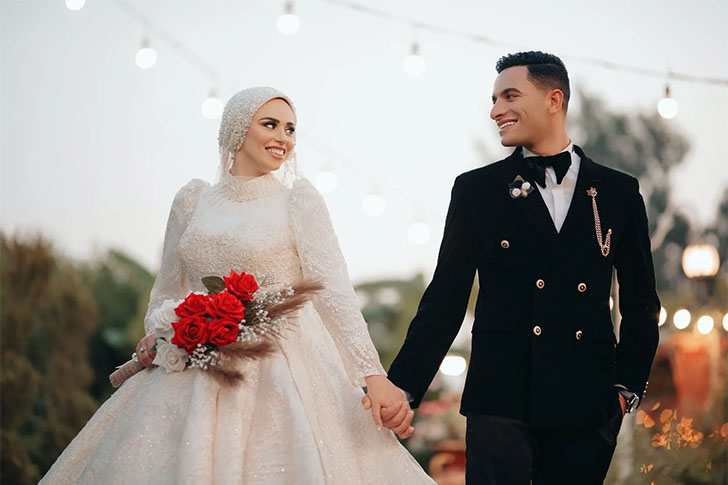
Ali Salah Photographie / Pexels
At the core of halal dating is the clear intention of marriage. It's not a casual affair. Both parties enter the relationship with the hope and intention to marry. This upfront commitment ensures that both individuals are serious and share a common goal.
Physical Boundaries
Maintaining physical boundaries is essential. Any form of physical intimacy – even holding hands or hugging – is generally discouraged before marriage. This practice highlights the sanctity and specialness of such actions within the confines of wedlock.
Guarding Emotional Boundaries
Beyond the physical, emotional boundaries are crucial too. Overly intimate conversations or sharing deep personal secrets are often reserved for after marriage. It's about safeguarding the heart and emotions.
Chaperoned Meetings
Traditional halal dating often involves chaperoned meetings. A trusted third party, usually a family member, accompanies the couple during their dates to ensure that Islamic boundaries are respected.
Public Meetings
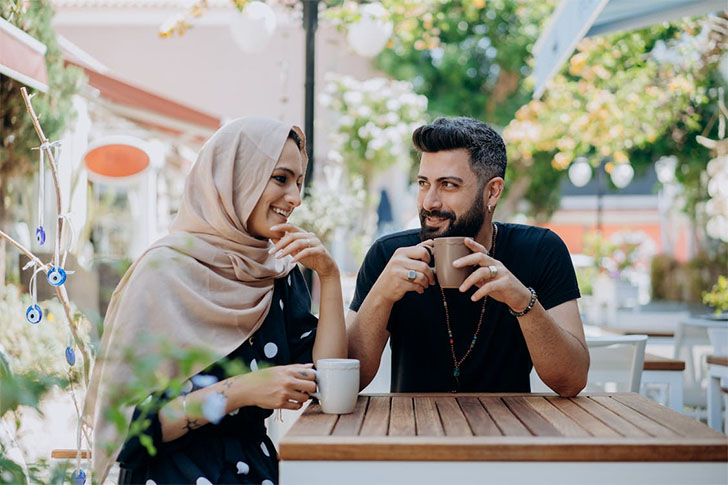
Mikhail Nilov / Pexels
To avoid any potential pitfalls or misunderstandings, couples are encouraged to meet in public places rather than in secluded or private settings. This reinforces the idea of safety and maintaining the relationship's integrity.
Praying Istikhara
When uncertain about a potential match, it's a common practice to pray Istikhara—a special prayer asking Allah for guidance. It's a way to seek clarity and divine direction in making the right marital choice.
Family Involvement

Minhaz Box / Pexels
Family plays a significant role in halal dating. Instead of being a strictly individual choice, finding a spouse becomes a family affair. Families often get involved early in the process to get to know the potential partner and their family.
Open and Honest Communication
Being clear about expectations, life goals, and personal boundaries is essential. It prevents misunderstandings and ensures both parties are on the same page.
Avoiding Secrecy
Halal dating advocates for openness, meaning couples shouldn't hide their relationship from their families or community. The relationship is a proud step towards marriage, not a secret to be kept.
Respecting the End
If for some reason, the relationship does not lead to marriage, it's vital to end it respectfully and kindly, without harboring ill feelings. Both parties are then free to move forward with clarity and grace.
Dating Across Different Muslim Cultures
Variations by Geography
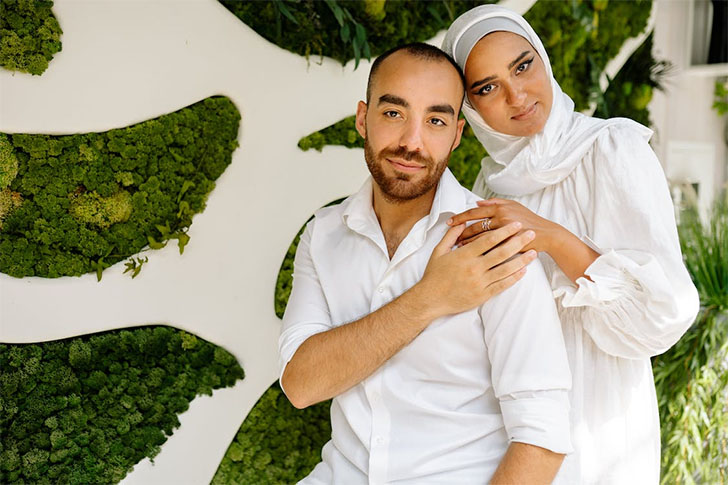
Yan Krukau / Pexels
Muslim practices can differ widely based on cultural or geographical contexts. For instance, while the concept of a chaperone is strongly emphasized in places like Saudi Arabia or Pakistan, it might be more relaxed in Western countries or more modern cities like Istanbul or Dubai. Still, even in these regions, many Muslims choose to maintain traditional practices out of personal conviction and faithfulness to their religion.
Adapting to Modern Contexts
Today's young Muslims, especially those living in non-Muslim majority countries, are navigating the challenge of integrating their faith with the culture around them. Modern technological tools, like Muslim dating apps, are providing avenues for halal introductions, where users can clarify their intentions and find like-minded potential spouses. It's a melding of traditional principles with contemporary methods.
Dating, as a concept, is multifaceted and evolves with time and place. For Muslims, halal dating represents a confluence of faith and modernity. While the principles of modesty, respect, and intention for marriage remain steadfast, the methods of introduction and interaction have evolved to fit the context of our rapidly changing world. Through understanding these principles and traditions, we can appreciate the depth and wisdom of Islamic practices, acknowledging their emphasis on long-term harmony, family, and societal well-being.
show more



